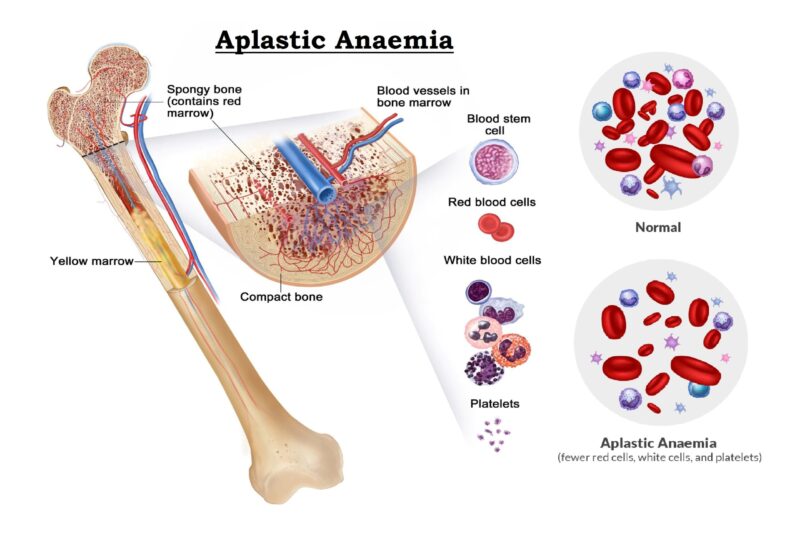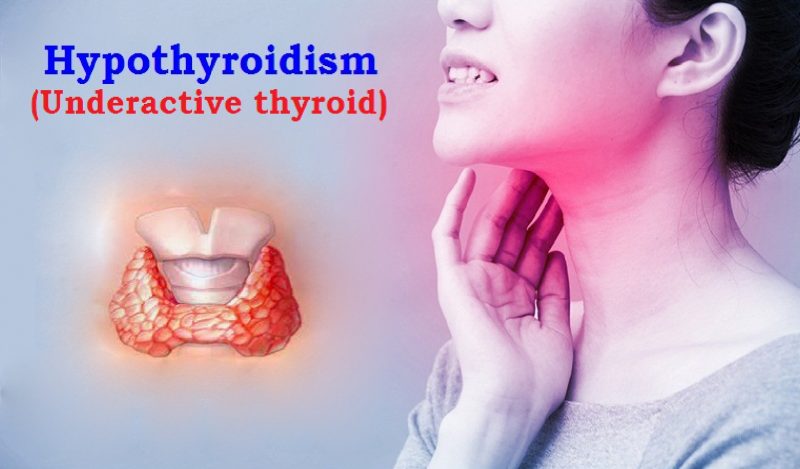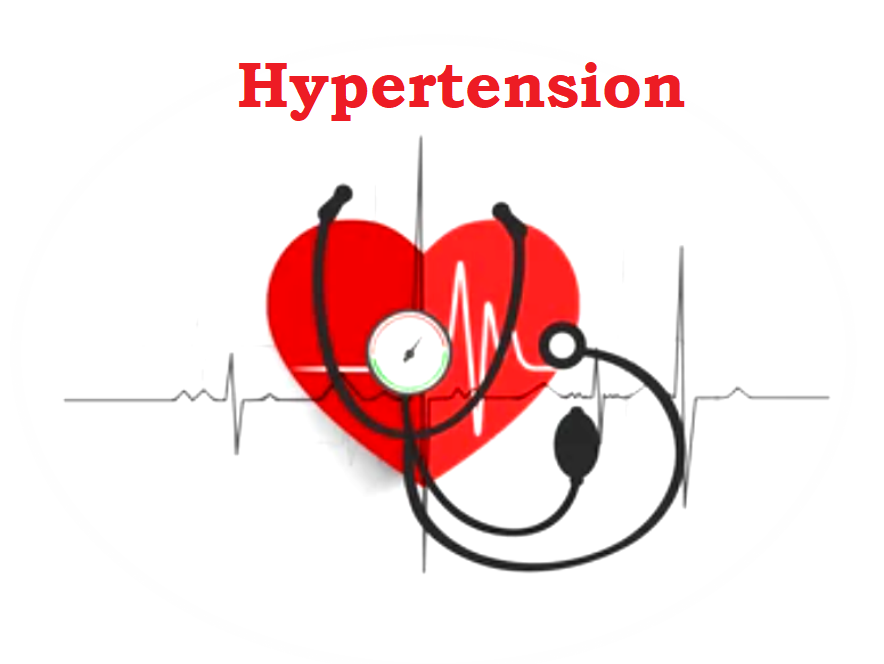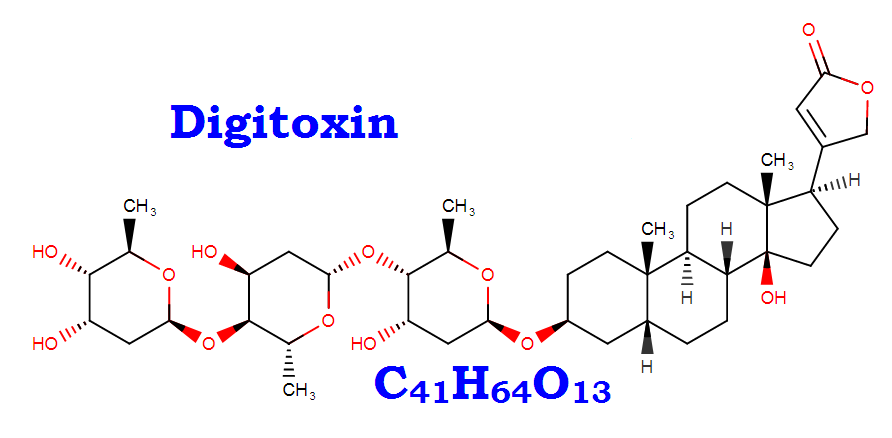Digitalis drug is used in the treatment of Congestive cardiac failure, Left ventricular failure, Arterial fibrillation and flutter, premature beats and Supra-ventricular tachycardia.
Dose of Digitalis Drugs
- Rapid
- Digoxin 1.5 mg : initially 0.5 mg 6 hrly till digitalization
- Digoxin 0.4 mg : orally0.2 mg.6 hrly till digitalization
- Ouabain : I.V. ultra-short acting
- Slow
- Digoxin 0.25 - 0.5 mg : initially 0.25 mg/day till digitalization.
- Digitoxin 0.2 mg : initially 0.2 mg. 8 hrly till digitalization.
- Maintenance dose
- Digoxin 0.25 mg/day : 10-20 μgm/kg body wt
- Digitoxin 0.1-0.2 mg/d
Action of Digitalis
- It increases the force of Systolic contraction and decreases the oxygen expenditure for a given work output.
- Heart rate is decreased.
- Conduction through the A.V. node and Purkinje's fibers is depressed.
- Refractory period of atria and ventricles is decreased and that of AV node is increased (QT interval shortens). It acts by inhibiting the sodium-potassium ATPase. This causes faster release of calcium which enhances the automaticity, contractibility ectopic pacemaker activity.
- It is a cardiac glycoside. It works by correcting irregular heartbeat to a normal rhythm and increases the force with which the heart muscle contracts with every heartbeat.
Common side effects of Digitalis
- Cardiac: Premature beats atrial and ventricular tachycardia and fibrillation. Heart blocks, sinus bradycardia, Arrhythmia (irregular heartbeats)
- Gastrointestinal: Anorexia, nausea, vomiting (of central origin} and diarrhea.
- Neurological: Vertigo, Visual hallucinations, color vision defects and blurring, Headache, Neuralgic pains.
- Miscellaneous: Skin rashes (Eosinophilia), Dizziness, Gynecomastia, Premature labour with ECG changes in fetus and Visual impairment
Contra-indications of Digitalis
- High output states
- Partial heart (AV) block
- Ventricular tachycardia
- Constrictive pericarditis
- Myocarditis/Diphtheria
- Hypersensitivity
- WPW syndrome
- Hypokalemia
You Can Share MedicoInfo through :





